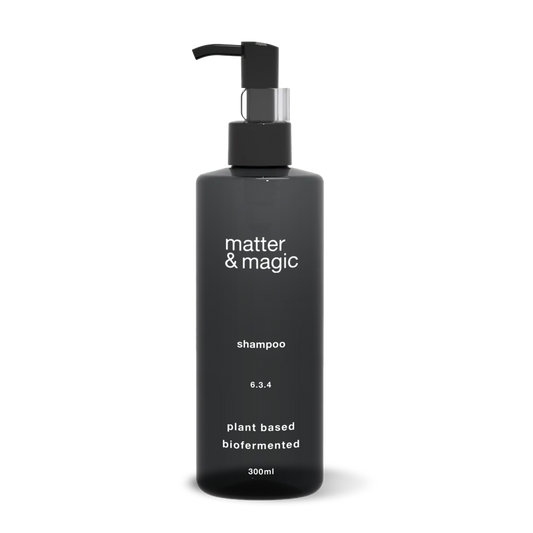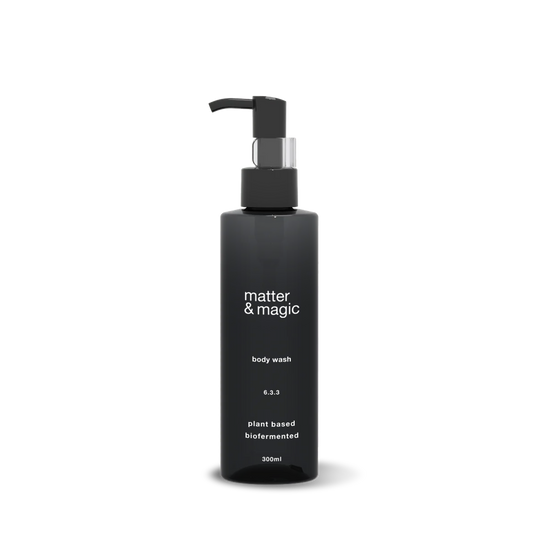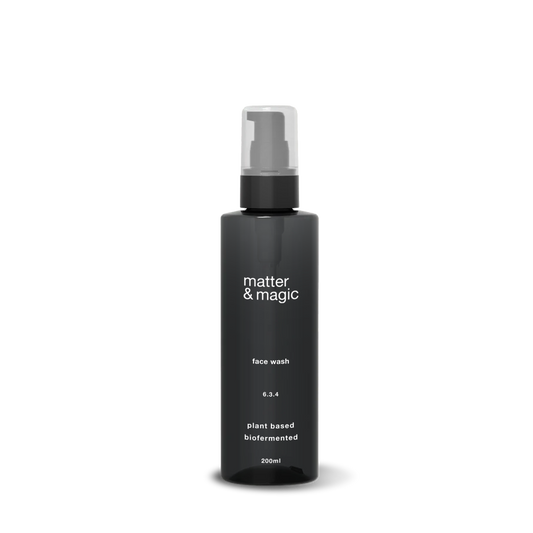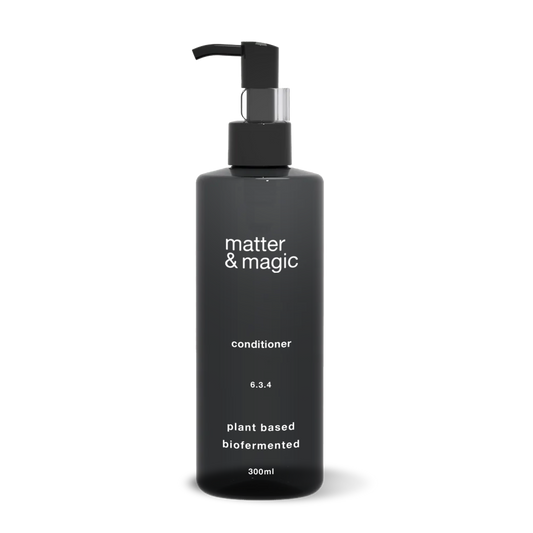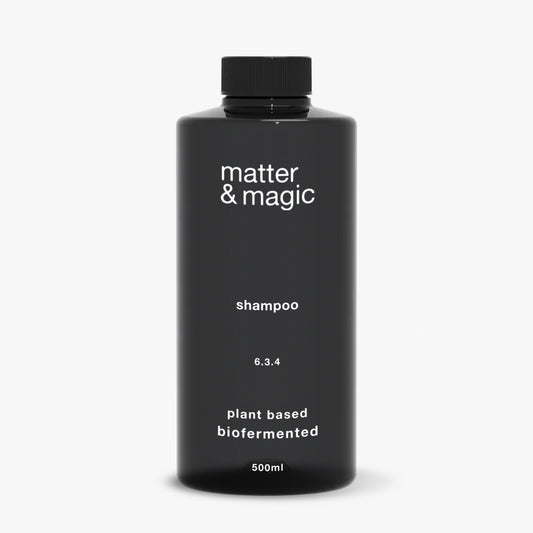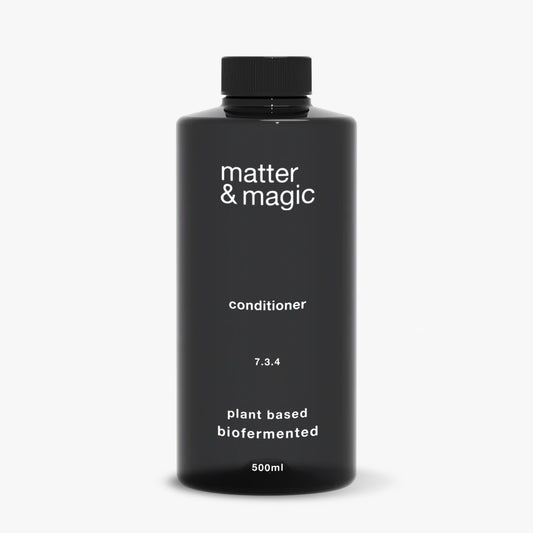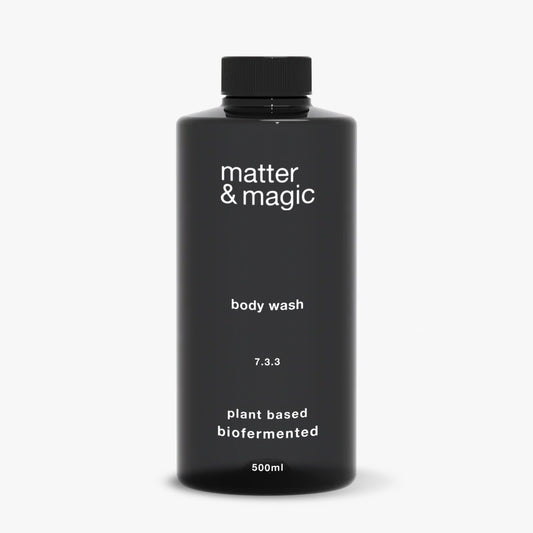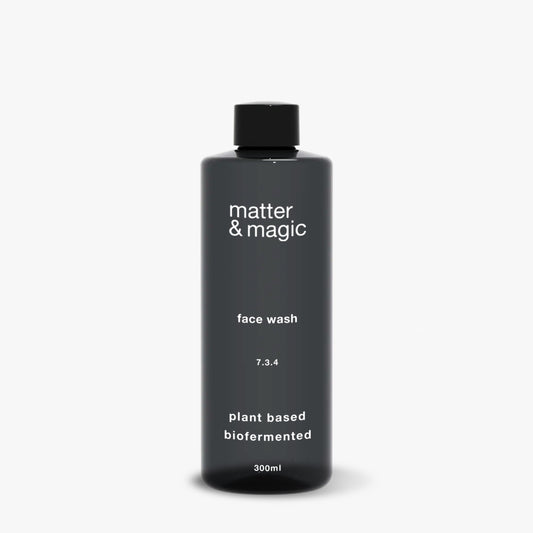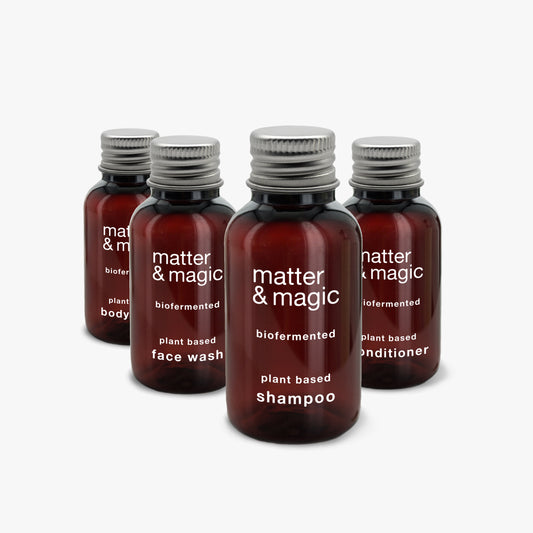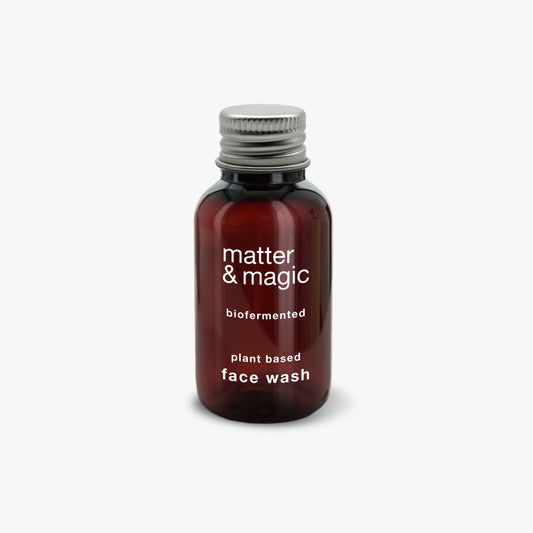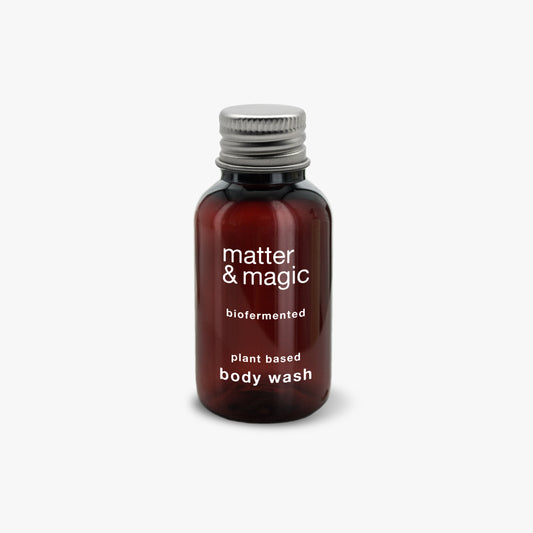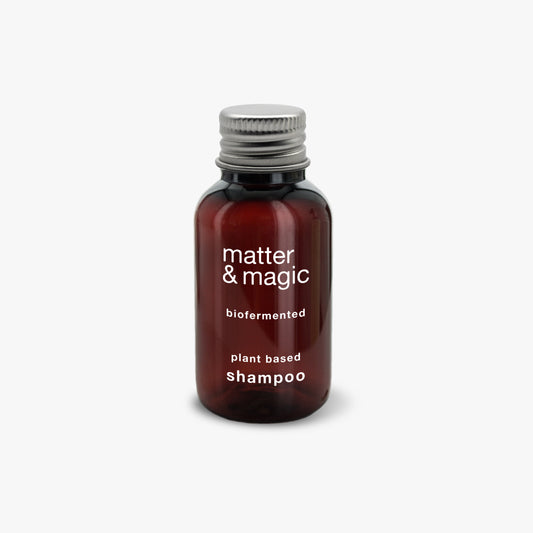Probiotics for the Benefit of Skin and Hair Condition
Probiotics are live microorganisms that provide health benefits to the host when administered in appropriate amounts. They have been extensively studied since Gibson proposed them in 1995 and are widely used today for treating and preventing gastrointestinal disorders. Recently, there has been an increasing focus on studying probiotics for skin health and their application in cosmetics. In this article we summarize the findings of skin probiotics applied in cosmetics.
Nitrosomonas eutropha, an ammonia-oxidizing bacterium found on the skin, produces NO and NO₂ through the oxidation of sweat's ammonia content. Clinical trials have shown that topical application of N. eutropha improves forehead and eyebrow wrinkles, as well as pigmentation. A mist lotion containing N. eutropha is being commercialized, with confirmed effects including improved skin clarity and texture.
Enterococcus faecalis is a type of lactic acid bacteria beneficial to the body's health, found in the human intestine. Among them, E. faecalis SL5 has been reported to produce CBT-SL5, an antibacterial peptide with activity against C. acnes. It shows promise as a new anti-inflammatory drug for acne. Skincare cosmetics and products utilizing E. faecalis have been commercialized to suppress acne-related inflammation.
Vitreoscilla filiformis, a fungus found in hydrothermal vents and hot spring water, has extracts that balance the skin's immune homeostasis. Studies have demonstrated its effectiveness in reducing the severity of pruritus and restoring the skin barrier. Body washes and creams containing V. filiformis cultures have been commercialized and proven effective in restoring skin flora balance and reducing itching in allergic and atopic dermatitis-prone skin.
Streptococcus thermophilus, a lactic acid bacteria known as the seed of yogurt and cheese, has been found beneficial for the skin. Creams containing S. thermophilus increase ceramide levels, necessary for the barrier and moisturizing functions of the stratum corneum. Its topical application to atopic dermatitis patients has shown an improvement in symptoms. S. thermophilus is utilized in cosmetics for its moisturizing and anti-inflammatory effects.
Lactobacillus paracasei, a lactic acid bacterium present in the intestinal tract and oral cavity, benefits the skin and improves atopic dermatitis when taken orally. It also has a moisturizing effect on the skin and enhances the expression of skin-related proteins. L. paracasei is formulated in cosmetics for its moisturizing and anti-inflammatory effects. It produces equol, which may further enhance its benefits and improve wrinkles.
Lactobacillus rhamnosus, expected to be used as a skin probiotic in cosmetics, enhances the intestinal barrier function. Topical application of L. rhamnosus lysate promotes stratum corneum formation and increases the expression of skin barrier proteins, potentially beneficial for maintaining skin barrier function. Co-culture of L. rhamnosus with L. paracasei shows inhibition of tyrosinase and melanin synthesis, as well as increased collagen production, suggesting improved efficacy in cosmetic products.
Functional foods that function similarly to probiotics are called biogenics. They directly act on the body without involving the intestinal flora. Lactic acid fermentation products (LFPs) have shown positive effects on the skin, improving water transpiration and increasing ceramide AP levels. They promote epidermal cell differentiation, increase ceramide and amino acid content, and enhance water binding in the stratum corneum. Oral or transdermal application of probiotics or biogenics can positively impact skin health.
For the skin, probiotics help strengthen the skin barrier, enhance hydration levels, and reduce inflammation. They also combat harmful bacteria, reducing the risk of acne and other skin conditions. Probiotics can be found in skincare products like creams, serums, and cleansers, aiding in maintaining a healthy complexion.
When it comes to hair health, probiotics contribute to a healthier scalp by alleviating dryness, itching, and dandruff. They help to create an optimal environment for hair growth, promoting stronger and more lustrous strands. Probiotic-infused hair products, such as shampoos and conditioners, provide nourishment and support for a vibrant and revitalized mane.
To enjoy the benefits of probiotics for skin and hair, it is advisable to incorporate them into your daily skincare and haircare routine. As always, consult with a dermatologist or trichologist to identify the best probiotic products suited to your specific needs. With their natural and holistic approach, probiotics have become a valuable ally in the quest for healthy, radiant skin and vibrant hair.
Nitrosomonas eutropha, an ammonia-oxidizing bacterium found on the skin, produces NO and NO₂ through the oxidation of sweat's ammonia content. Clinical trials have shown that topical application of N. eutropha improves forehead and eyebrow wrinkles, as well as pigmentation. A mist lotion containing N. eutropha is being commercialized, with confirmed effects including improved skin clarity and texture.
Enterococcus faecalis is a type of lactic acid bacteria beneficial to the body's health, found in the human intestine. Among them, E. faecalis SL5 has been reported to produce CBT-SL5, an antibacterial peptide with activity against C. acnes. It shows promise as a new anti-inflammatory drug for acne. Skincare cosmetics and products utilizing E. faecalis have been commercialized to suppress acne-related inflammation.
Vitreoscilla filiformis, a fungus found in hydrothermal vents and hot spring water, has extracts that balance the skin's immune homeostasis. Studies have demonstrated its effectiveness in reducing the severity of pruritus and restoring the skin barrier. Body washes and creams containing V. filiformis cultures have been commercialized and proven effective in restoring skin flora balance and reducing itching in allergic and atopic dermatitis-prone skin.
Streptococcus thermophilus, a lactic acid bacteria known as the seed of yogurt and cheese, has been found beneficial for the skin. Creams containing S. thermophilus increase ceramide levels, necessary for the barrier and moisturizing functions of the stratum corneum. Its topical application to atopic dermatitis patients has shown an improvement in symptoms. S. thermophilus is utilized in cosmetics for its moisturizing and anti-inflammatory effects.
Lactobacillus paracasei, a lactic acid bacterium present in the intestinal tract and oral cavity, benefits the skin and improves atopic dermatitis when taken orally. It also has a moisturizing effect on the skin and enhances the expression of skin-related proteins. L. paracasei is formulated in cosmetics for its moisturizing and anti-inflammatory effects. It produces equol, which may further enhance its benefits and improve wrinkles.
Lactobacillus rhamnosus, expected to be used as a skin probiotic in cosmetics, enhances the intestinal barrier function. Topical application of L. rhamnosus lysate promotes stratum corneum formation and increases the expression of skin barrier proteins, potentially beneficial for maintaining skin barrier function. Co-culture of L. rhamnosus with L. paracasei shows inhibition of tyrosinase and melanin synthesis, as well as increased collagen production, suggesting improved efficacy in cosmetic products.
Functional foods that function similarly to probiotics are called biogenics. They directly act on the body without involving the intestinal flora. Lactic acid fermentation products (LFPs) have shown positive effects on the skin, improving water transpiration and increasing ceramide AP levels. They promote epidermal cell differentiation, increase ceramide and amino acid content, and enhance water binding in the stratum corneum. Oral or transdermal application of probiotics or biogenics can positively impact skin health.
In summary
Probiotics, commonly associated with digestive health, have gained recognition for their remarkable benefits in promoting skin and hair health. These beneficial bacteria work wonders by restoring balance to the microbiome, leading to a range of positive effects.For the skin, probiotics help strengthen the skin barrier, enhance hydration levels, and reduce inflammation. They also combat harmful bacteria, reducing the risk of acne and other skin conditions. Probiotics can be found in skincare products like creams, serums, and cleansers, aiding in maintaining a healthy complexion.
When it comes to hair health, probiotics contribute to a healthier scalp by alleviating dryness, itching, and dandruff. They help to create an optimal environment for hair growth, promoting stronger and more lustrous strands. Probiotic-infused hair products, such as shampoos and conditioners, provide nourishment and support for a vibrant and revitalized mane.
To enjoy the benefits of probiotics for skin and hair, it is advisable to incorporate them into your daily skincare and haircare routine. As always, consult with a dermatologist or trichologist to identify the best probiotic products suited to your specific needs. With their natural and holistic approach, probiotics have become a valuable ally in the quest for healthy, radiant skin and vibrant hair.

